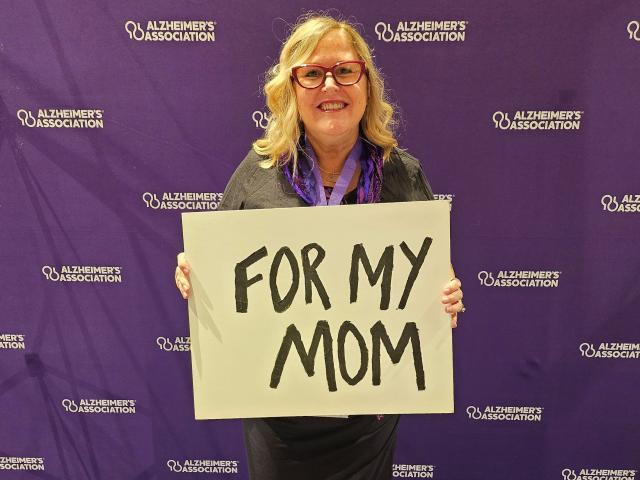WASHINGTON, D.C., November 29, 2018 - The Alzheimer's Association and the Alzheimer's Impact Movement (AIM) commends the Senate Health, Education, Labor, and Pensions (HELP) Committee - led by Chairman Lamar Alexander (R-TN) and Ranking Member Patty Murray (D-WA) - for advancing the Building Our Largest Dementia (BOLD) Infrastructure for Alzheimer's Act (S. 2076/H.R. 4256) through committee markup. The progression of the bipartisan BOLD Infrastructure for Alzheimer's Act is a critical step in recognizing the public health crisis posed by Alzheimer's and prioritizing our nation's approach to the disease.
"For too long, Alzheimer's was viewed primarily as an aging issue instead of a public health crisis," said Harry Johns, Alzheimer's Association and AIM President and CEO. "By addressing Alzheimer's through a public health approach we have more opportunities to change the trajectory of this disease. We are grateful to the the Senate HELP Committee and the bill's sponsors for understanding the value in this approach to help millions of Americans impacted by this devastating disease."
If passed by both the Senate and House of Representatives, the legislation will ensure communities across the country have access to resources to promote effective Alzheimer's interventions and better cognitive health that can lead to improved health outcomes.
The BOLD Infrastructure for Alzheimer's Act was introduced by Senators Susan Collins (R-Maine), Catherine Cortez Masto (D-Nev.), Shelley Moore Capito (R-W.Va.), Tim Kaine (D-Va.), and by Representatives Brett Guthrie (R-Ky.), Paul Tonko (D-N.Y.), Chris Smith (R-N.J.) and Maxine Waters (D-Calif.). The Alzheimer's Association and AIM worked closely with these leaders and was instrumental in the development and growth of support for the Act. Since its introduction in November 2017, the BOLD Infrastructure for Alzheimer's Act quickly grew bipartisan support and currently has 55 Senate cosponsors and 245 House cosponsors.
The legislation would establish Centers of Excellence in communities around the country to expand and promote the evidence base for effective Alzheimer's interventions, and issue funding to state, local and tribal public health departments to promote cognitive health, risk reduction, early detection and diagnosis, and the needs of caregivers. Just as significant, the legislation would increase collection, analysis and timely reporting of data on cognitive decline and caregiving around Alzheimer's, thereby helping to reduce risk, prevent avoidable hospitalizations, mitigate health disparities, and inform future public health actions.
Alzheimer's Association ®
The Alzheimer's Association is the leading voluntary health organization in Alzheimer's care, support and research. Our mission is to eliminate Alzheimer's disease through the advancement of research; to provide and enhance care and support for all affected; and to reduce the risk of dementia through the promotion of brain health. Our vision is a world without Alzheimer's. For more information, visit alz.org.
